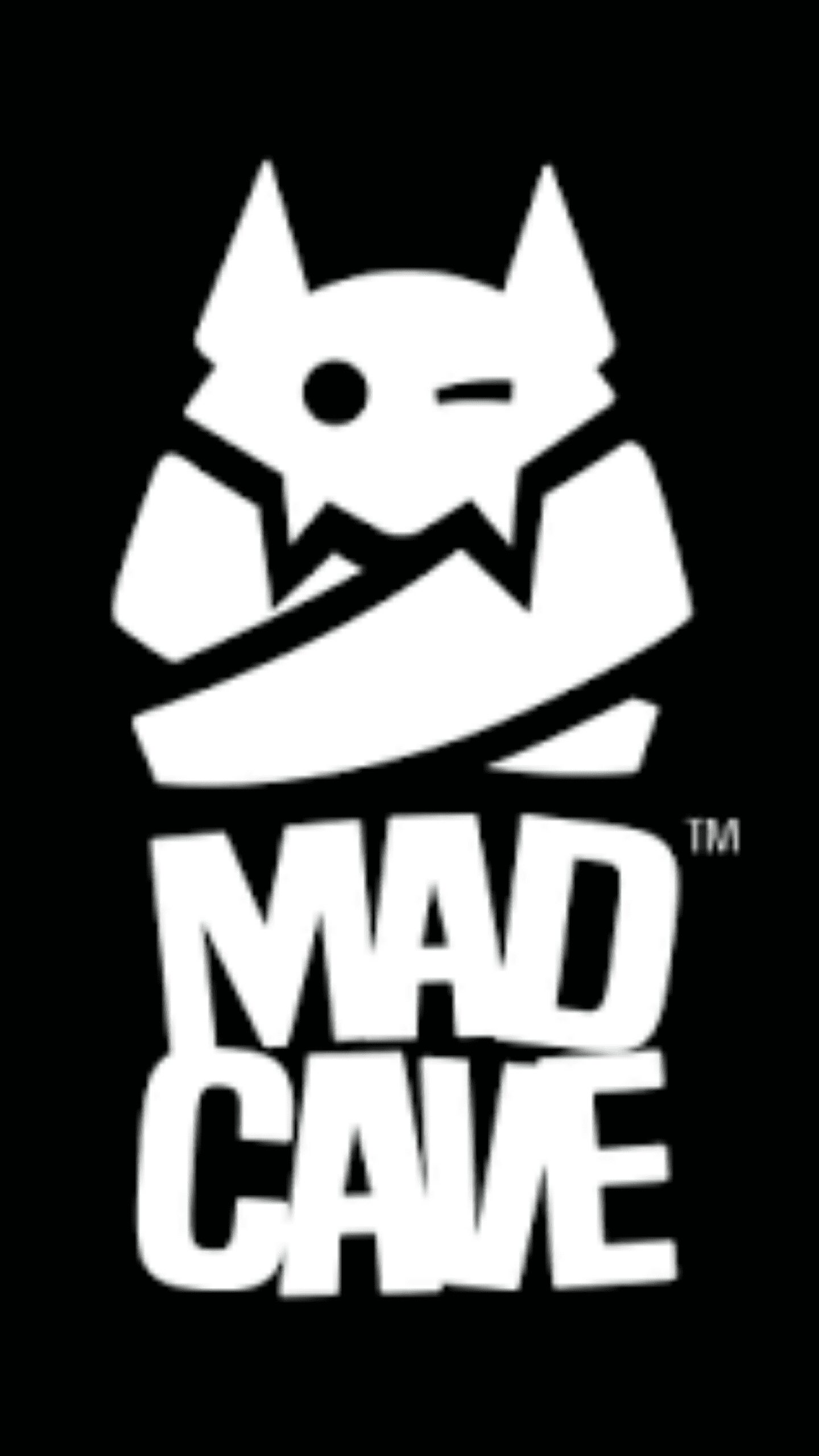Story by: Chip Zdarsky
Art by: Erica Henderson
Lettering by: Jack Morelli
With issue #1, Jughead had already set itself apart tonally from the Mark Waid’s Archie book – they both carry their own senses of distinctive liveliness that suits the storytelling, and while it may seem anachronistic to have the Jughead book be so high energy, in a way that’s exactly what I feel is really bringing the book to life; the best Jughead books need to be a bit zany and surreal, and Chip Zdarsky’s already got that down to a science.
I say “zany,” but that’s of course something sprinkled over an otherwise relatively down-to-Earth plot. Jughead’s dilemma is that his ability to coast through his normal school routine is disrupted by the changeover in Riverdale staff, which includes an almost sadistically aggressive gym teacher called Coach Eng (or “Sir”) and the new Principal, Stanger, who already seemed to specifically have it out for Jughead before the climax of this issue makes it clear where he stands. The dialogue and motivations are all very well-executed, Jughead’s banter – especially with his friends and within the fantasy sequence – continues to be both fun and clever, and while the title so far centers very heavily on Jughead and his inner (but also outer) world, the characterization of the others feels consistent and solid but also leaves me interested in  learning more.
learning more.
The artwork especially shines in this issue; once again Erica Henderson has a great eye for fashion and hair and of course I find her character designs adorable (particularly Betty, Reggie, and Kevin thus far), but the way the Time Police segment and final two pages are illustrated is truly impressive. January McAndrews and the rest of the theoretical “future” she brings Jughead to are beautifully designed, and the mood evoked from the issue’s ending is chilling. Then, even for smaller gags such as the moment Jughead falls out of his chair in detention, she captures the comedic beats perfectly with her panel layouts and expressions, showing again what a good team she and Zdarsky make; both artwork and writing style enrich the other, almost giving the feeling that you’re watching (and hearing) it animated – like it moves while you read it.
This issue presents a situation even more dire than what could have been inferred from issue #1 alone, and the confrontation of Jughead’s cavalier attitude and eccentric problem-solving strategies by an obstacle that is perhaps more serious than he gave it credit for is a conflict I’m intrigued by – how a student learns to differentiate an abusive teacher from simply a difficult one, and what that conclusion may thus imply for them and their peers. Jughead, as we see, is an adaptive thinker, motivated so far by immediate inconvenience to create short-term solutions; it’s a good, clear dilemma and again, I’m hooked already.


